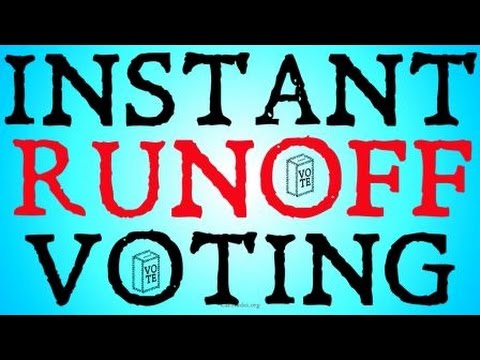Nashville jurists — members of the Chancery Court there, especially — have been good to Memphis plaintiffs of late, and Tuesday saw another instance of that.
Chancellor Patricia Head Moskal reversed a prior decision by the Administrative Law Judge, a functionary of the Tennessee Secretary of state’s office, who had summarily dismissed, for alleged lack of legal standing, the plaintiffs’ petition in 2019 on behalf of several then City Council candidates as well as nd Ranked Choice Tennessee. The plaintiffs had sought to have Instant Runoff Voting (IRV) declared consistent with state election laws and implemented on the Memphis city election ballot that year.
The Memphis City Council had rejected IRV as a ballot format, though the process, which allows for successive resamplings of votes cast until absolute majorities are obtained, had been approved in several referenda by the city’s voters.
The Chancellor remanded the case back go the ALJ for review — not a final victory as such for the plaintiffs but a bona fide second chance. Should the Administrative Law Judge rule against the IRV after review, the plaintiffs would then have the opportunity to appeal the case further within the legal system.
All this was noted in a reaction to Moskal’s decision by Steve Mulroy, a University of Memphis law professor and former County Commissioner, who had represented several of the plaintiffs. Said Mulroy: “The litigation is by no means over, but this is a significant step forward for us. We look forward to the day when a court rules on the merits of our claim, because we are confident that IRV is indeed legal under Tennessee law. Memphis voters supported IRV in three different referenda in two elections, and have been waiting for 13 years for it to be implemented.”
Mulroy was also an attorney for plaintiffs in a previous case heard by another Nashville Chancellor, Ellen Hobbs Lyle, who granted a widening of Tennessee voters’ opportunity to apply for mail-in ballots last year in view of the ongoing pandemic. The Secretary of State’s office was on the resisting end of that case, as well


 JB
JB